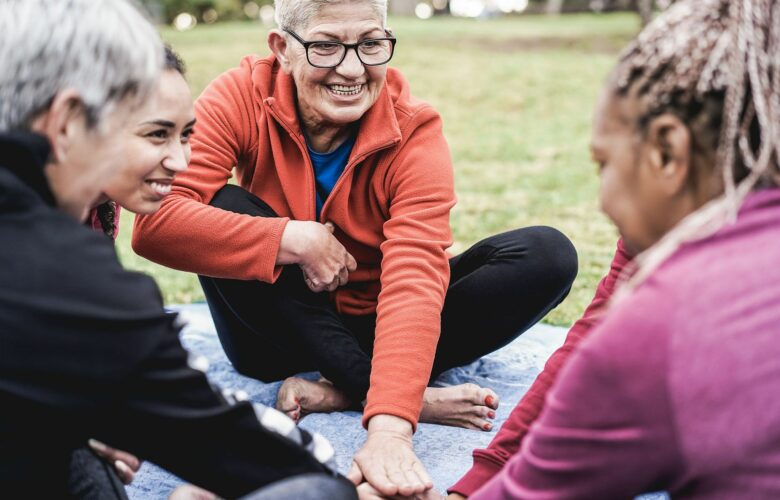Children & Young People's Peer Support

Empowering young minds through peer support.
Through innovative, peer-led support systems, this programme aims to enhance the mental health and wellbeing of young people aged 10 to 19 (up to 25 with SEND) across Lancashire. With children facing an alarming increase in mental health challenges, we can help support them to find coping strategies and build resilience.
Our Peer Support Programme is run across Lancashire in the following areas: Central Lancashire, North Lancashire, East Lancashire, Blackpool and Blackburn with Darwen.
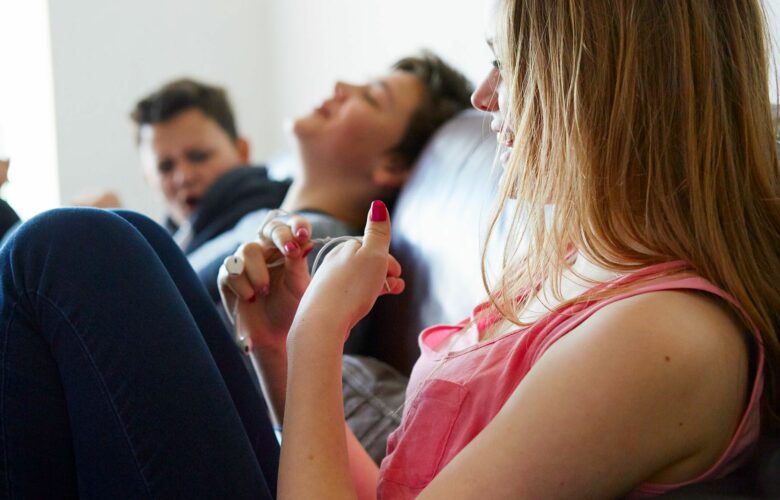
Creating a Safe Space
Improving mental health outcomes.
Peer support helps to build a sense of community and can reduce feelings of isolation, creating environments where young people feel supported and connected. The programme uses the power of peer support to provide accessible, immediate, and effective mental health care within communities, schools, and healthcare settings.
What is Peer Support?
The Peer Support programme is an innovative, person-centred mental health initiative designed to support young people across Lancashire. The project offers multiple routes for young people to access the support they need, tailored to their individual wellbeing needs. The key elements of the programme include wellbeing assessments, diverse support routes, and the training of community peer support mentors.
Support Available
The initiative addresses the growing prevalence of mental health issues among young people. We deliver a range of wellbeing provisions within the programme, including:
- 1:1 Peer Support Wellbeing Coaching (virtual sessions)
- Support to access existing community groups
- Signposting to specialist support
- Peer support training
- Establishing new groups for young people
Contact us for more information or to make a referral:
Please contact your area for further information
Central LancsNorth LancsEast LancsBlackpoolBlackburn with Darwen
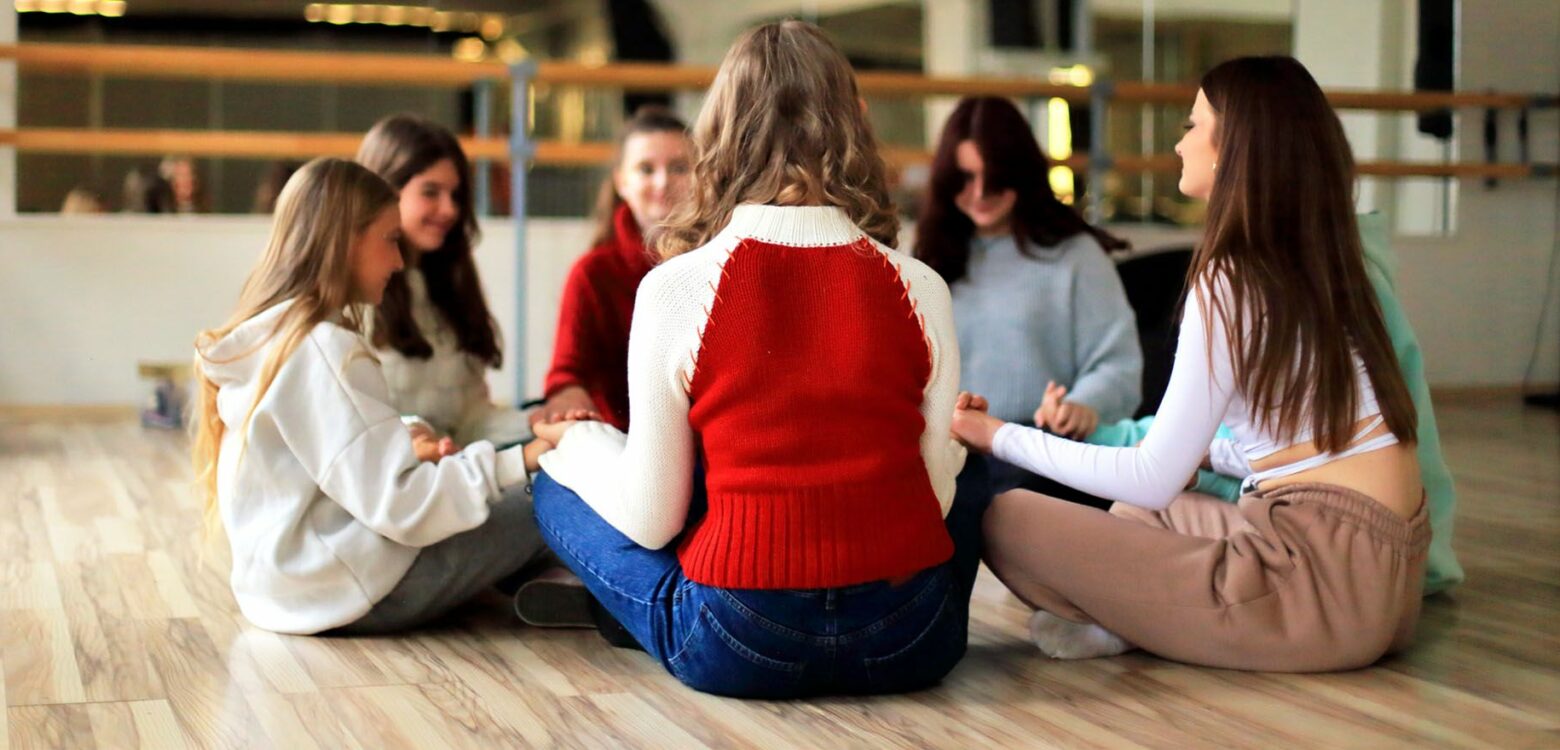
Peer Support Benefits
Peer support offers numerous benefits for children and young people, positively impacting their mental health, social skills, and overall well-being.
Reduced Feelings of Isolation: Peer support helps young people feel less isolated by connecting them with others who have similar experiences or challenges.
Improved Mental Health: Regular interaction with peers and support coordinators can help alleviate symptoms of anxiety, depression, and other mental health issues.
Enhanced Coping Strategies: Through peer support, young people can learn and practice new coping strategies and resilience-building techniques.
Increased Self-Esteem: Positive interactions and support from peers can boost a young person’s self-esteem and confidence.
Early Intervention: Peer support can identify and address mental health issues early, potentially preventing more severe problems later.
Areas of Support
- The support is offered in areas such as Central, North, and East Lancashire, Blackpool and Blackburn with Darwen.
- Age group targeted is 10-18 years, including up to 25 years with SEND (Special Educational Needs and Disabilities).
Training for Peer Support
- Lancashire Mind will deliver training to young people to become community peer mentors.
- Staff will also be trained to support young people in their settings.
Key Points
- The project takes a person-centered approach, offering various tailored routes of support.
- Each route is designed to cater to different needs and readiness levels of young people.
- Community involvement and peer mentor training are crucial components of the project.

Parent & Carer Peer Support
Are you a parent or carer in Blackpool?
Meet others who understand the challenges of parenting, share experiences, and build lasting connections in a relaxed and welcoming environment. Informal and friendly sessions, supportive group discussions and peer support training. In-person groups or virtual workshops.
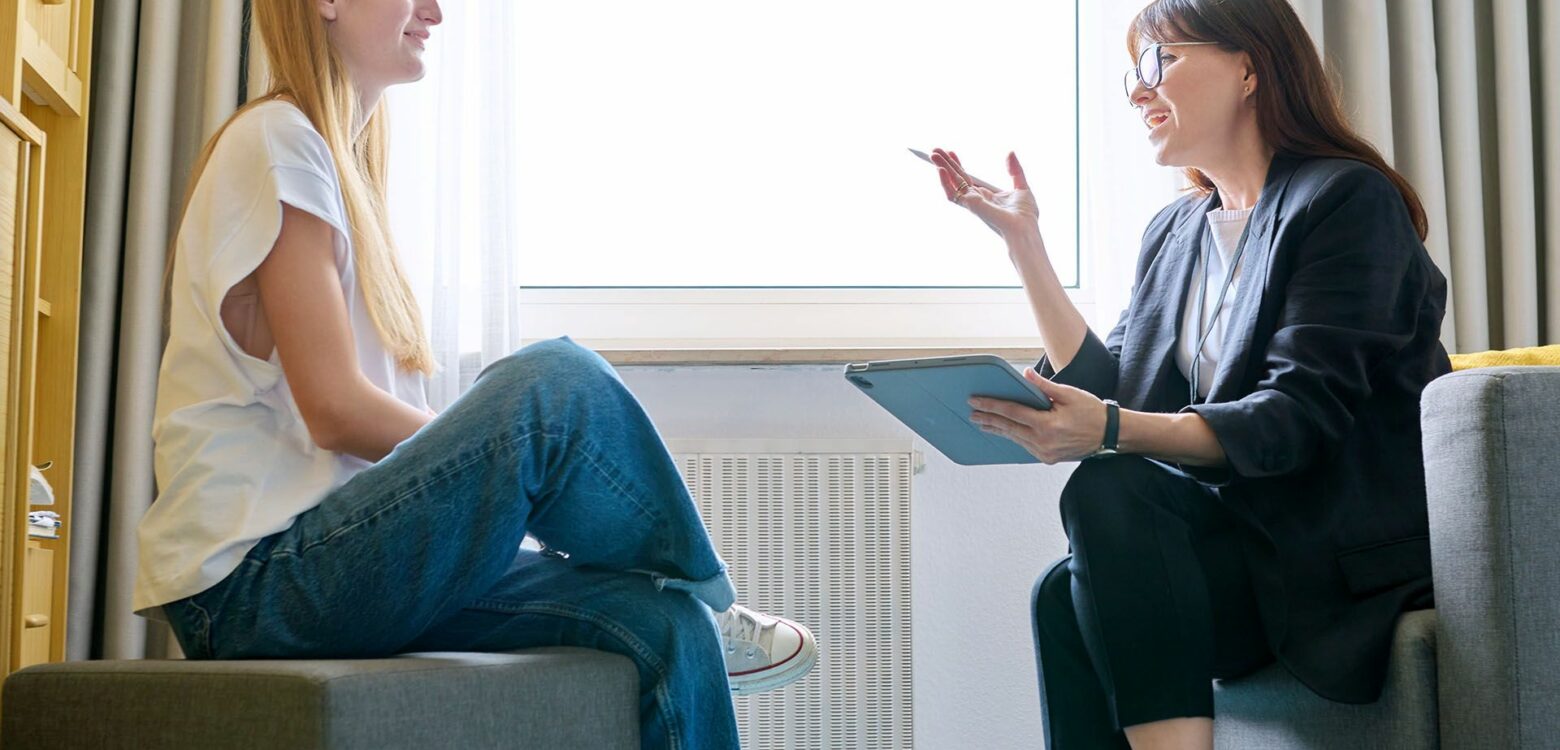
Self Referral Form 16+ Professionals Referral Form Parents/Carer Referral Form
Referral Process and Support Routes
1. Referral Initiation:
Professionals working with children, parents, carers and community group mentors can all refer young people into the Peer Support Programme. Self-referrals can also be made for individuals aged 16+.
2. Initial Assessment:
After receiving a referral one of our friendly Support Coordinators will be in touch to arrange an initial assessment. These are carried out to assess the level of support needed and determine which route to access.
3. Support Routes:
Route A – Social Prescribing:
- A social prescribing approach is used to signpost the young person into existing services.
- Support is provided as needed over a 2-month period.
Route B – Targeted Peer Support Groups
- Attendance at or creation of a specifically targeted peer support group.
- Groups may focus on LGBTQIA+, looked-after children, racialised communities, neurodiverse-specific needs, young carers, etc.
Route C: Wellbeing Coaching
- For young people not ready to attend a group setting.
- Wellbeing coaching involves a 6-week, 1-to-1 coaching intervention through Lancashire Mind.
Route D: Specialist Support Services
- Our support coordinator refers the young person into other specialist support services, such as ADHD support, addiction support, debt management, etc.
Contact us for more information or to make a referral:
Please contact your area for further information
Central LancsNorth LancsEast LancsBlackpoolBlackburn with Darwen
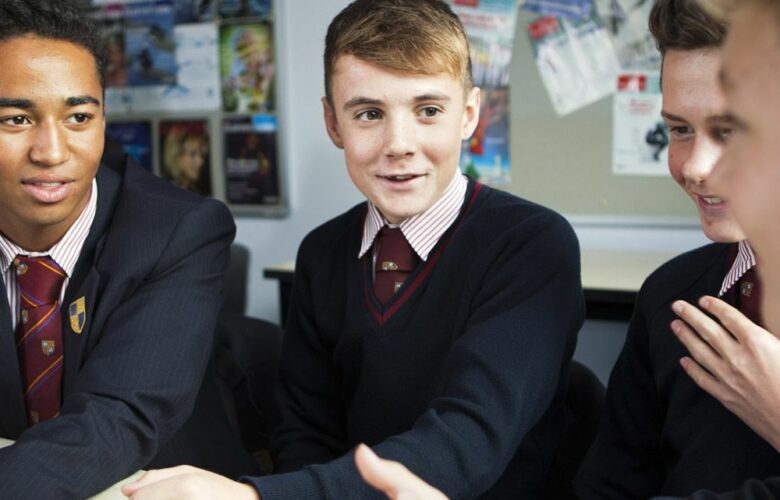
Become a Peer Mentor
Training for children and young people
Peer Mentor Training is delivered in a fun and interactive format which consists of 3 hrs of training available to CYP aged between 10-19 (25 with SEND). The training can be delivered as a one of off 3-hour session or can be delivered in 3 x 1 hour sessions.
What is Peer Mentor Training?
The training has been designed for young people to develop and grow personally, learn and apply new skills by connecting with and encouraging other young people of a similar age with similar experiences to help to overcome challenges in a positive way and develop relationships.
Peer Mentor training explores what a peer mentor is and what it isn’t. It helps young people to build a skillset and support network. Trainees will look at ways to look after their own wellbeing and make their own wellbeing toolkit to take away at the end of the training.
All organisations will get a Peer Mentor starter toolkit once they have completed the training, and mentors will receive a certificate and badge.



